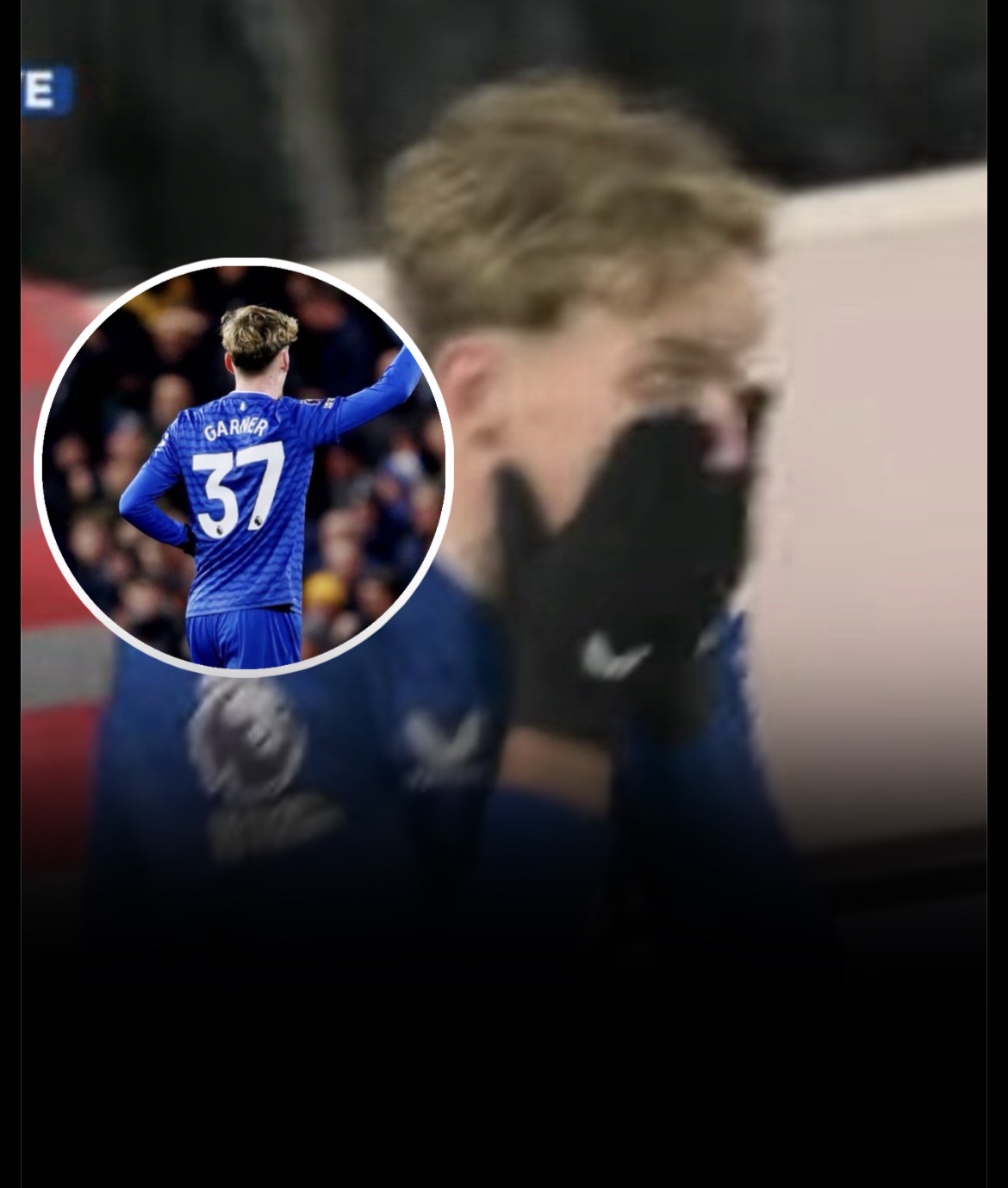EX-FIFA REFEREE GIVES NEW REASON WHY EVERTON GOAL is not GIVEN, IT’S A BOMBSHELL THAT CHANGES EVERYTHING
Keith Hackett Weighs in on Everton’s Disallowed Goal: A Decision Under the Microscope
James Tarkowski’s disallowed goal in Everton’s dominant 4-0 win against Wolves has stirred significant debate, with former FIFA referee Keith Hackett questioning the legitimacy of the decision. In a match that already had its fair share of drama, the controversial call reignited concerns about the use of VAR and the broader consistency of officiating in the Premier League.
The Incident: What Happened?
Everton defender James Tarkowski appeared to double his team’s advantage with a powerful header from Dwight McNeil’s free kick after Ashley Young’s opener. However, the goal was chalked off following a VAR review, which flagged a potential foul by Orel Mangala. The Wolves player, initially in an offside position, was seen tussling with Mario Lemina inside the penalty area.
Referee Michael Salisbury was called to review the footage on the pitchside monitor, ultimately deciding to disallow the goal, much to the frustration of Everton boss Sean Dyche. Despite this setback, Everton went on to dominate the match, securing an emphatic win that provided a crucial morale boost.
Keith Hackett’s Verdict: “The Goal Should Have Stood”
Former PGMOL (Professional Game Match Officials Limited) chief Keith Hackett has expressed his disagreement with the decision. Hackett believes that VAR overstepped its role in this case by intervening when the on-field referee, who was in an ideal position, appeared satisfied with the play.
Hackett stated:
“On the clip, the referee ideally positioned appears to be happy to allow the goal. I do not see how this incident can then be determined to be a clear-and-obvious error.”
He added that this incident reflects a broader trend where referees are instructed to clamp down on holding and blocking offenses during set pieces. While Hackett acknowledged the importance of addressing these issues, he argued that the specific circumstances of this incident did not justify overturning the goal.
VAR and the “Clear and Obvious Error” Debate
One of the most contentious aspects of VAR’s use in football is its mandate to intervene only in cases of “clear and obvious errors.” Hackett’s comments highlight a growing frustration among players, managers, and fans who feel that VAR sometimes undermines the authority of on-field referees by needlessly involving itself in subjective decisions.
In this case, many argue that Mangala’s tussle with Lemina was inconsequential to the goal. Tarkowski’s leap and header were the primary contributors to the goal, and Mangala’s actions did not appear to clearly impact Wolves’ ability to defend.
The Bigger Picture: Inconsistency in Officiating
This incident has once again brought attention to the inconsistencies in officiating within the Premier League. Hackett’s suggestion that officials may have received new instructions to clamp down on physicality during set pieces raises questions about transparency and communication between referees, clubs, and fans.
If such directives exist, why weren’t they clearly communicated to teams before the season or during its course? The lack of clarity around these decisions creates confusion and undermines trust in VAR and refereeing.
Everton’s Reaction and Future Prospects
For Everton, the disallowed goal thankfully did not affect the final result, as the team cruised to a comfortable victory. Orel Mangala himself contributed to the scoreline, netting a fine second goal before half-time, which added to the Toffees’ commanding performance.
The win was a much-needed boost for Sean Dyche, especially following a demoralizing 4-0 loss to Manchester United in their previous outing. With a grueling set of fixtures ahead, including clashes with Liverpool, Arsenal, Chelsea, and Manchester City, the result may serve as a pivotal moment in Everton’s season.
However, Dyche’s frustration on the touchline during the disallowed goal was evident. Such decisions, even when inconsequential to the outcome, can affect team momentum and morale. Supporters will likely echo Hackett’s assessment that the goal should have stood, with the focus shifting to whether officials can improve consistency moving forward.
What Needs to Change?
1.Improved Communication: If referees are instructed to take a stricter approach on specific issues, clubs and fans need to be informed to manage expectations.
2.VAR Guidelines Review: The threshold for VAR intervention must be reassessed to ensure it aligns with its intended purpose of correcting clear errors.
3.Increased Transparency: Just as referees in other sports provide real-time explanations for decisions, football could benefit from more transparent processes, such as broadcasting referees’ reasoning.
Conclusion
While Everton ultimately secured the three points, the controversy surrounding James Tarkowski’s disallowed goal remains a talking point. Hackett’s critique serves as a reminder of the ongoing challenges with VAR implementation and the need for greater consistency in officiating. As the Premier League continues to evolve, addressing these issues will be crucial to maintaining the integrity and enjoyment of the game.








Post Comment